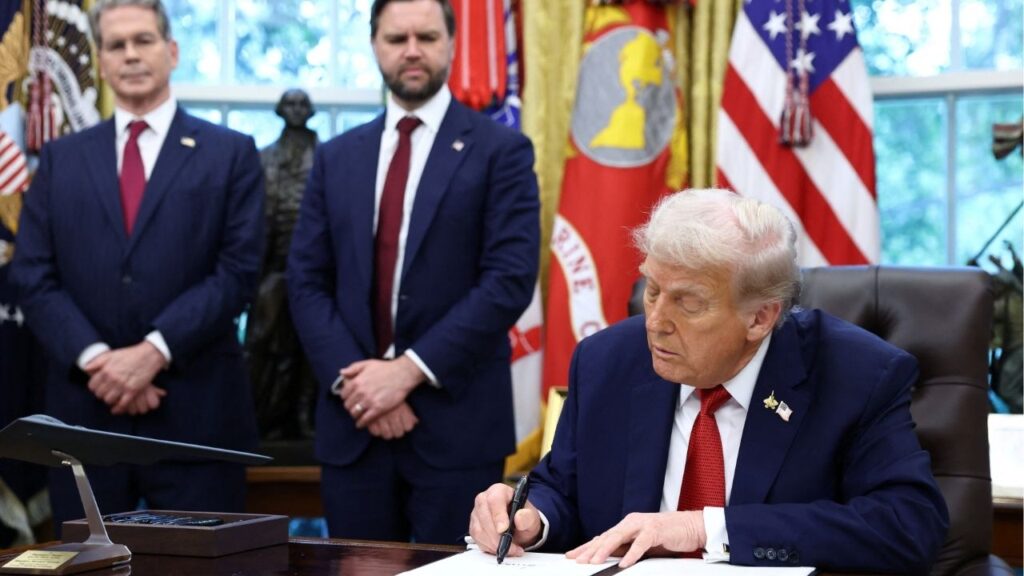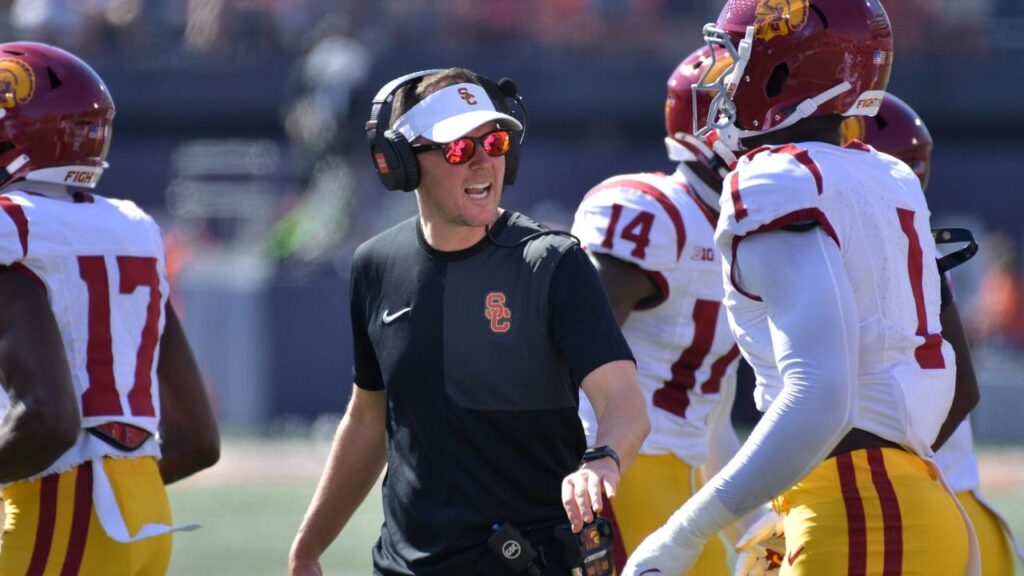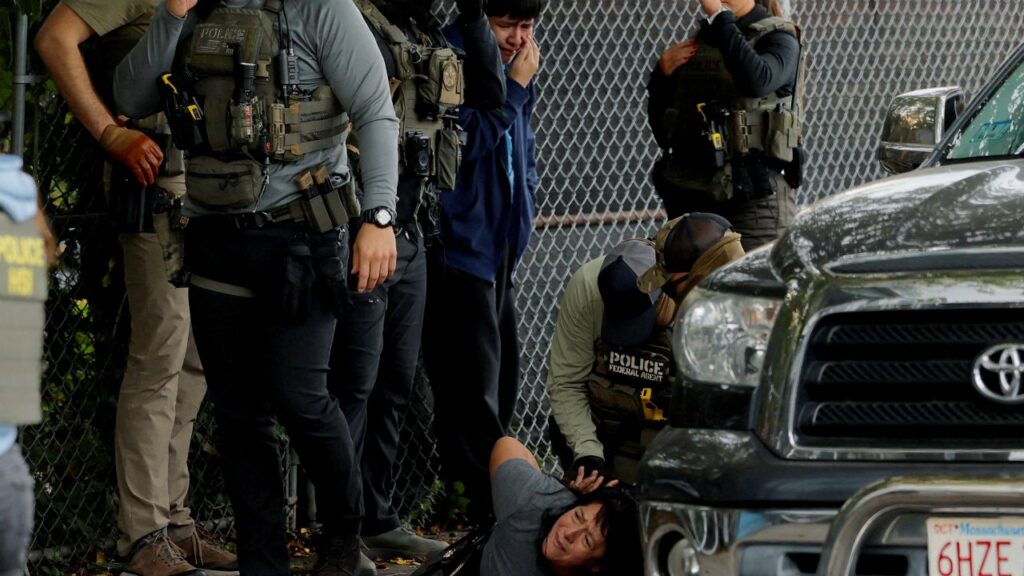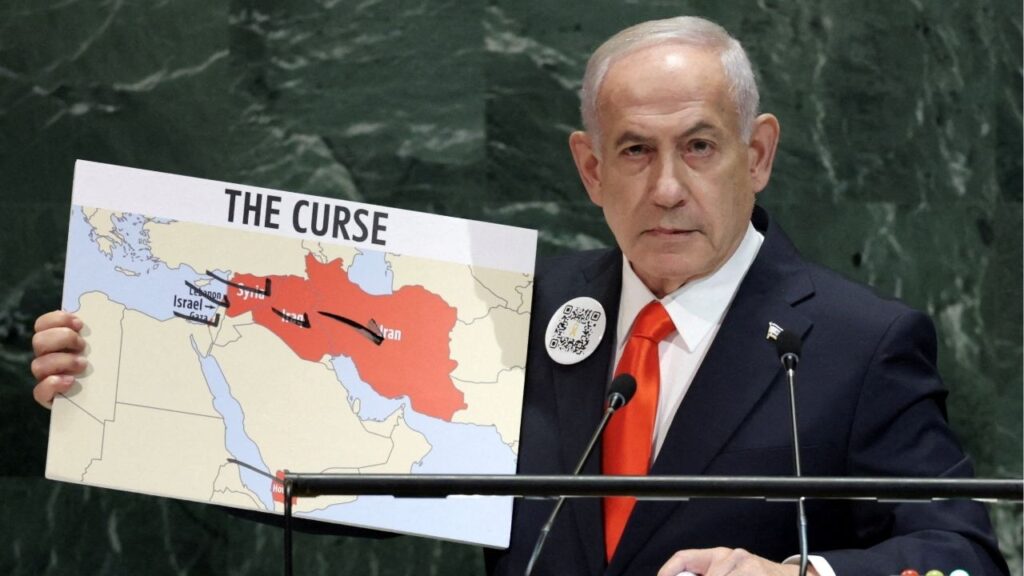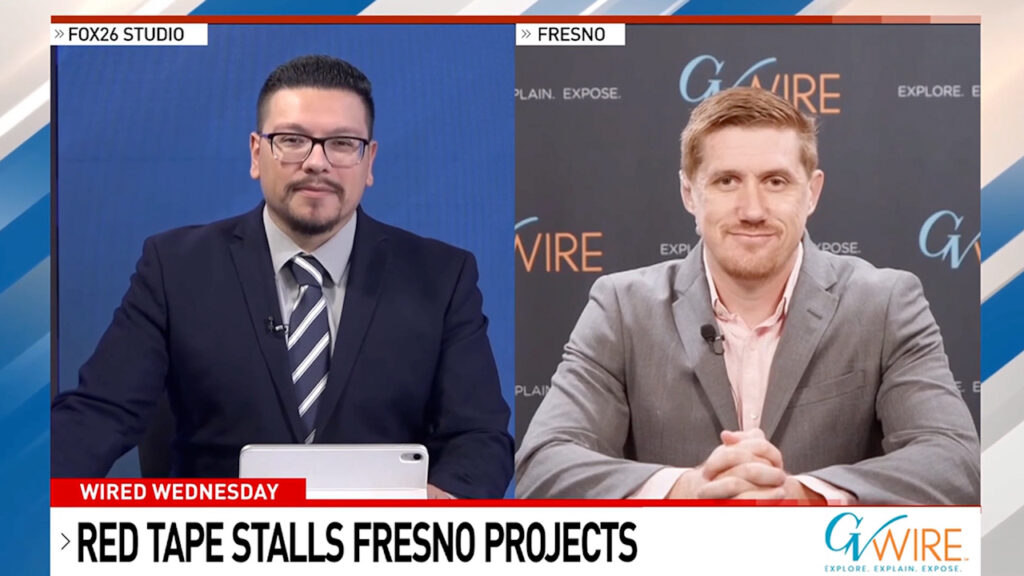Share
|
Getting your Trinity Audio player ready...
|
The Supreme Court is taking up its first case about a federal law that is credited with helping create the modern internet by shielding Google, Twitter, Facebook and other companies from lawsuits over content posted on their sites by others.
The justices are hearing arguments Tuesday about whether the family of an American college student killed in a terrorist attack in Paris can sue Google for helping extremists spread their message and attract new recruits.
The case is the court’s first look at Section 230 of the Communications Decency Act, adopted early in the internet age, in 1996, to protect companies from being sued over information their users post online.
Lower courts have broadly interpreted the law to protect the industry, which the companies and their allies say has fueled the meteoric growth of the internet and encouraged the removal of harmful content.
But critics argue that the companies have not done nearly enough and that the law should not block lawsuits over the recommendations, generated by computer algorithms, that point viewers to more material that interests them and keeps them online longer.
Any narrowing of their immunity could have dramatic consequences that could affect every corner of the internet because websites use algorithms to sort and filter a mountain of data.
“Recommendation algorithms are what make it possible to find the needles in humanity’s largest haystack,” Google’s lawyers wrote in their main Supreme Court brief.
In response, the lawyers for the victim’s family questioned the prediction of dire consequences. “There is, on the other hand, no denying that the materials being promoted on social media sites have in fact caused serious harm,” the lawyers wrote.
The lawsuit was filed by the family of Nohemi Gonzalez, a 23-year-old senior at Cal State Long Beach who was spending a semester in Paris studying industrial design. She was killed by Islamic State gunmen in a series of attacks that left 130 people dead in November 2015.
The Gonzalez family alleges that Google-owned YouTube aided and abetted the Islamic State group by recommending its videos to viewers most likely to be interested in them, in violation of the federal Anti-Terrorism Act.
Lower courts sided with Google.
A related case, set for arguments Wednesday, involves a terrorist attack at a nightclub in Istanbul in 2017 that killed 39 people and prompted a lawsuit against Twitter, Facebook and Google.
Separate challenges to social media laws enacted by Republicans in Florida and Texas are pending before the high court, but they will not be argued before the fall and decisions probably won’t come until the first half of 2024.
RELATED TOPICS:
Categories
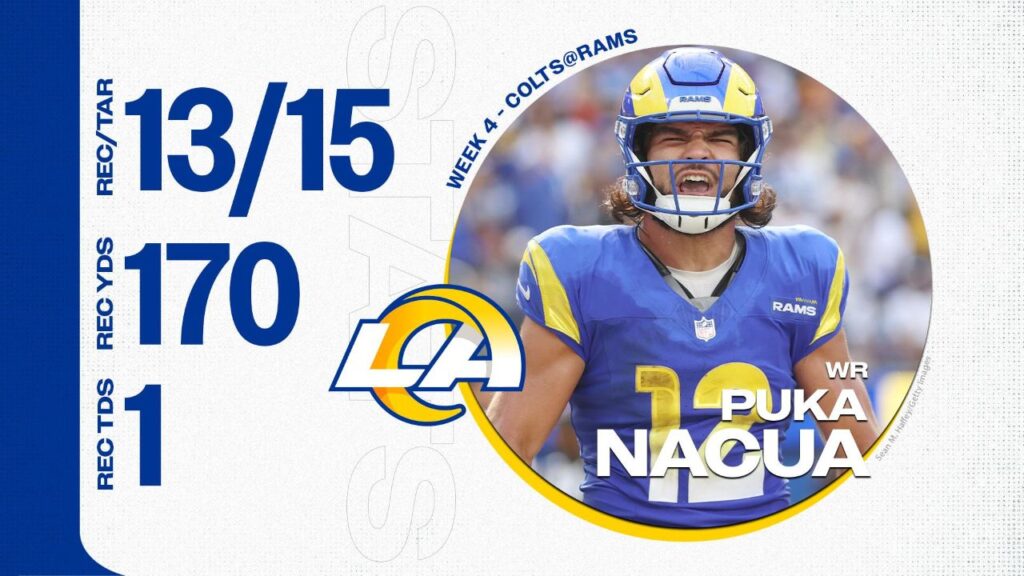
Studs and Duds From Rams’ 27-20 Victory Over Colts
